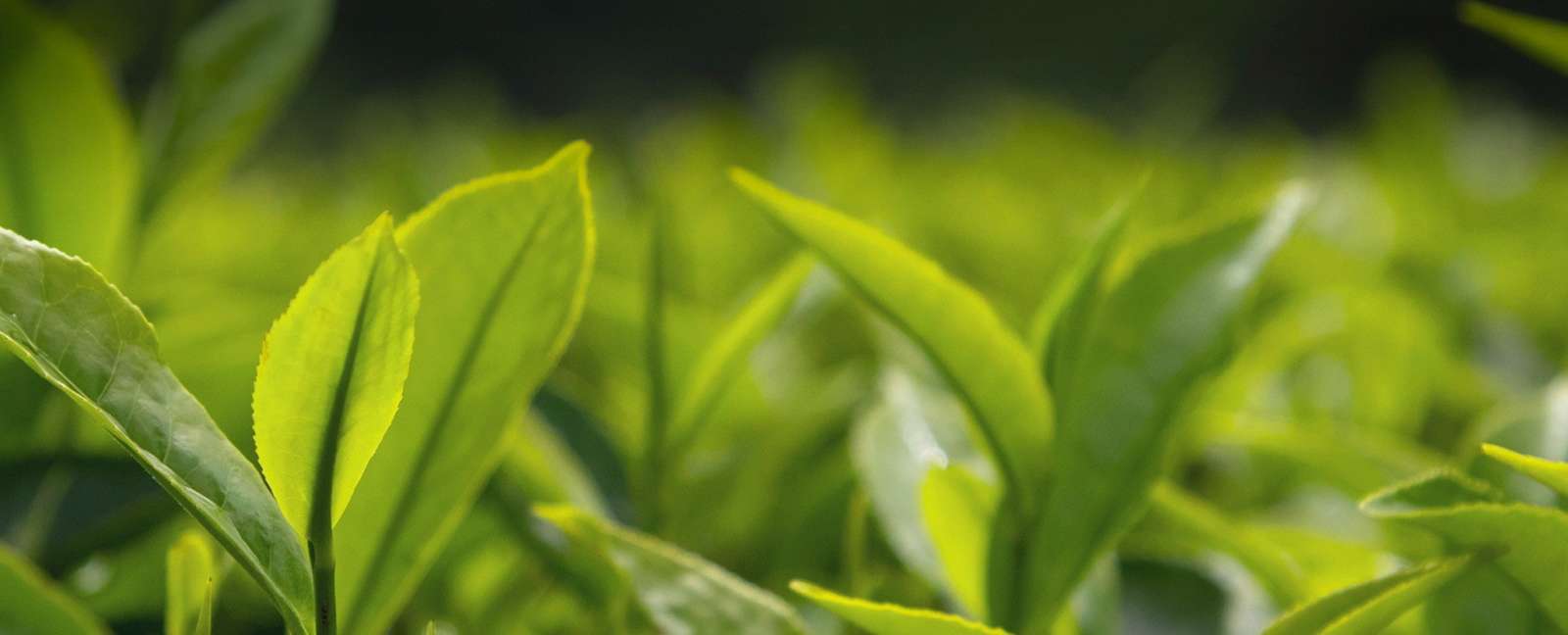What to Know About Flavonoids
Flavonoids (pronounced as fla-vuh-noydz) are special substances (also called bioactives) found naturally in tea that can help support health. In fact, tea is one of the top sources of flavonoids in the diet and can be a convenient way to help support a healthy heart with two cups every day.1,2,3,4,5

